Dr. Theresa Tam on COVID-19, Safety this Summer, and Her Return to Running
There’s been no steadier voice in Canada than Dr. Theresa Tam, Canada’s Chief Health Officer, who has led us through the novel coronavirus crisis. While we’re not out of the woods yet, by any means, there’s been reasons for optimism, and Dr. Tam offers iRun readers this advice: “Keep running.” Sutcliffe talked to Dr. Tam from her office in Ottawa.
MS: Dr. Tam, thank you. What do runners need to do to keep safe?
TT: Don’t let the good training and habits you’ve learned these last months go to waste. Keep going, and stay adapting as we learn more about COVID-19. I always tell my staff this pandemic is like a marathon—pace yourself, this is not a 100-metre dash.
MS: Is it safe to go running?
MS: Yes. Running outside is a good thing to do. Don’t go out when you’re sick or have symptoms, but if you feel fine, get some exercise. It’s important for physical and mental health.
MS: Share your best tips for how to run safely.
TT: Try and keep 2-metre space between yourself and another runner. Pick non-busy hours and routes for your runs. Avoid other people, particular walkers.
MS: Can you run with a friend?
TT: Yes. Someone who is in your bubble. But keep listening to the public health advice. COVID-19 is changing all the time.
MS: Can you tell us about your own running?
TT: I got into running somewhat accidentally. Work colleagues—avid runners—threw me in the bus one day when they decided to run. I went out of curiosity and found I was able to run further than I thought. You get hooked a little bit.
MS: So how did you get from there to a marathon?
TT: In running it is very easy to make progress, slowly. I found it very satisfying and a great alternative to the other exercises I was doing.
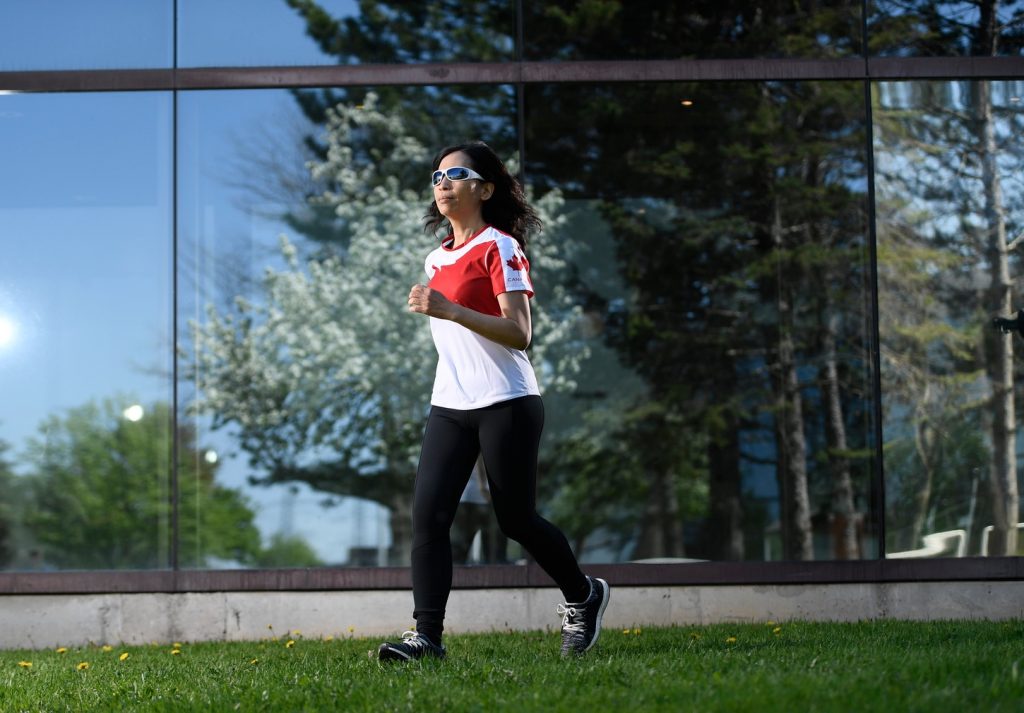
MS: What do you love about our sport?
TT: I find it meditative. I focus on my breathing. I don’t listen to music or get distracted when I run. I get into a zone and fall into my pace. It’s relaxing for me. Also, prior to COVID-19, I enjoyed running on the weekend with a small group of friends. I enjoyed socializing.
MS: Are you running at all these days?
TT: This particular crisis has completely disrupted my running so far. Doing this interview today stimulates me to think about beginning to start my running routine up again. To be honest, I haven’t been outside too much. I’ve been trying to squeeze in ten minutes of exercise at home when I can.
MS: What Canadian events have you run?
TT: Ottawa Race Weekend and the Canada Army Run are the two runs I participated in the most. Those are tremendous events where the whole community gets involved and there’s a tremendous atmosphere. I think races build community and I’m part of the community, so I participate in the events. Plus, so many people are running for a good cause.
MS: Would you describe for us how it felt to complete your first marathon?
TT: I think anyone finishing their first marathon remembers crossing the finish line and you can’t quite believe it. I’m not a fast runner, but I know I have a lot of mental stamina. I know I’m going to finish.

MS: But you said you couldn’t believe it!
TT: Well, nevertheless, it was still quite surprising. It was an incredible feeling. I bet anyone running their first marathon feels the same way.
MS: Has running helped you in your work or has your work helped you in your running?
TT: I’m someone who likes to have a goal—a target to aim for, and reaching that goal is a tremendous feeling. It’s not just about getting to the end, it’s the journey that matters and that’s the same with so many aspects of life: whether managing an outbreak or pacing yourself appropriated in a race. Slow down a bit when you need to. Make sure you’re hydrating. And if you hit a bit of a wall, have patience and compassion for yourself to get past it. You have to believe you will reach that finish line. It’s a journey we take in all aspects of life.
MS: So, have you applied the lessons of your running to your work?
TT: It might be the other way around.
MS: Tell us more.
TT: I didn’t get into longer runs until later in my life. I think my mental abilities to focus on my work and work long hours and manage events, or outbreaks, or residency training in medicine gave me the mental stamina to do longer runs. Of course, it goes the other way, too. Having completed a marathon, you can apply those learnings to your everyday life.
MS: Do you think a marathon is an appropriate metaphor for the pandemic?
TT: It’s a good analogy. COVID-19—we still don’t know a lot about this virus. What we do know is there’s not a lot of immunity worldwide in the population. This virus isn’t going away. We actually don’t know what might happen next, except that all the incredible work that every Canadian has done has kept the virus at a level that our healthcare system can manage.
MS: That’s really good to hear.
TT: That doesn’t mean it has disappeared. We have to look further down the road in the immediate weeks and plan ahead for the scenario that might come. A vaccine might take another twelve or eighteen months, so we all have to work together for a significant amount of time. Remember, this is a marathon.
MS: Any last words of advice?
TT: Be compassionate with each other. Be compassionate, and we’ll get through this together.
MS: Thank you very much for your work, and for your time, Dr. Tam.
TT: Thank you, Mark. This has stimulated me to start running again. Thank you for that.
MS: That makes me happy.
TT: It’s true.





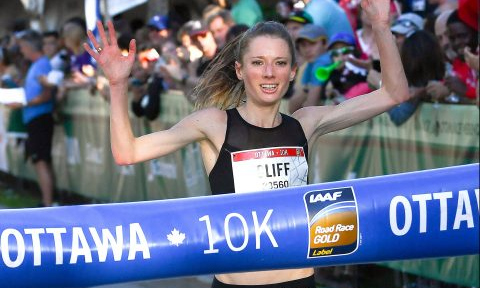



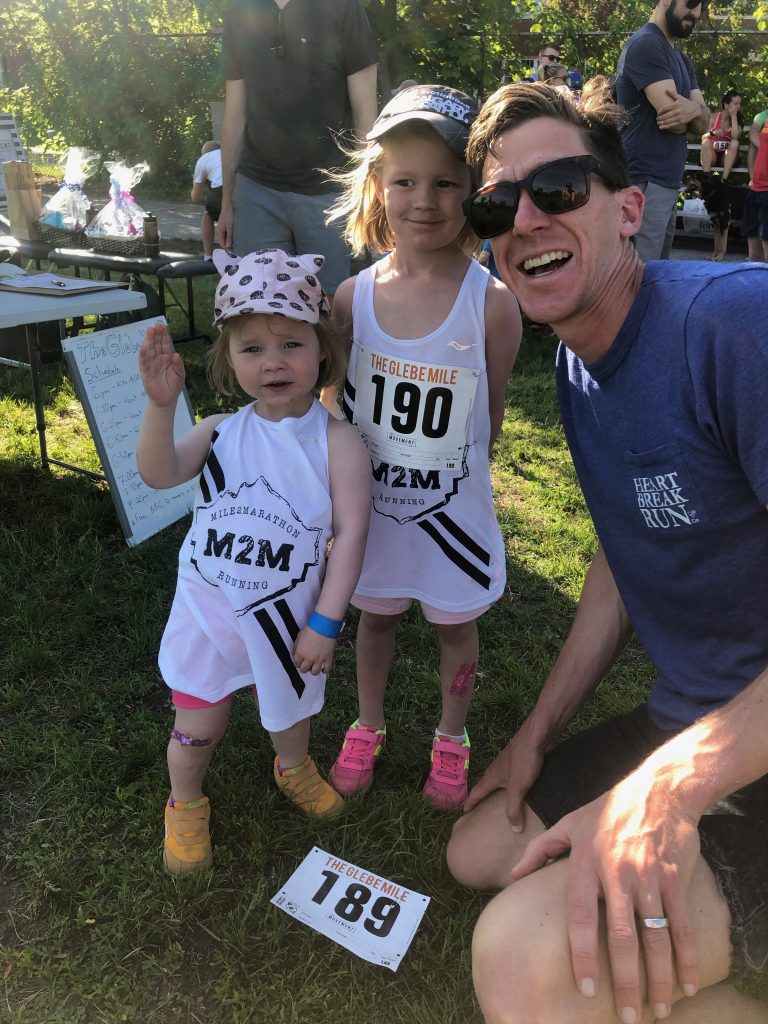
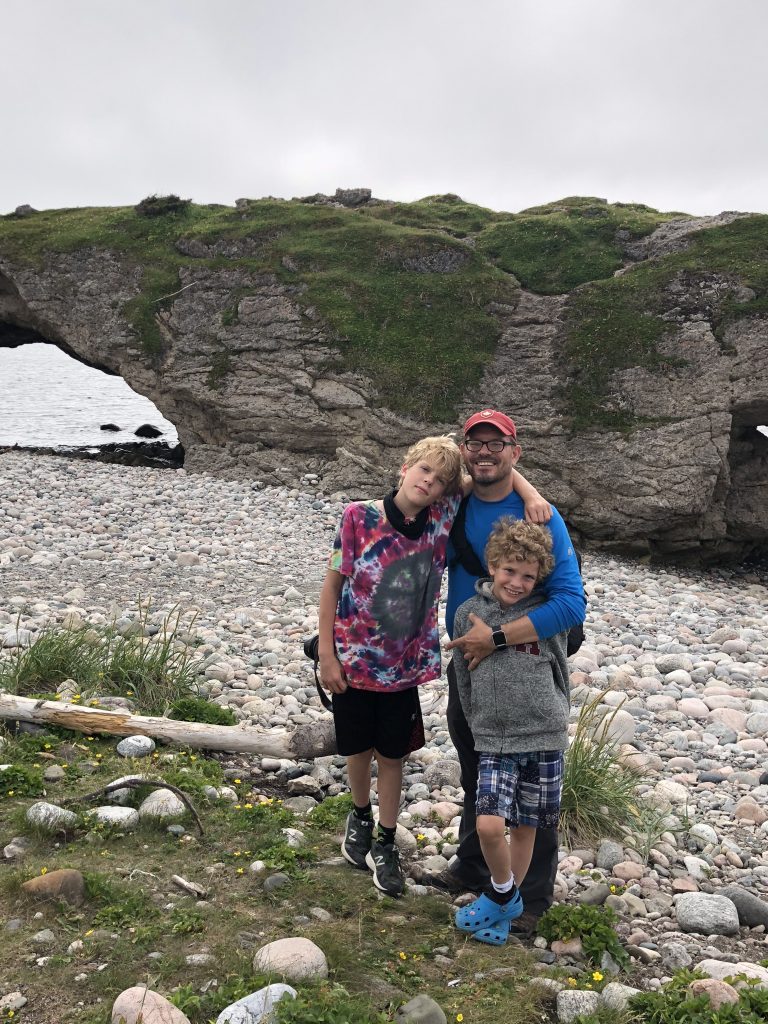



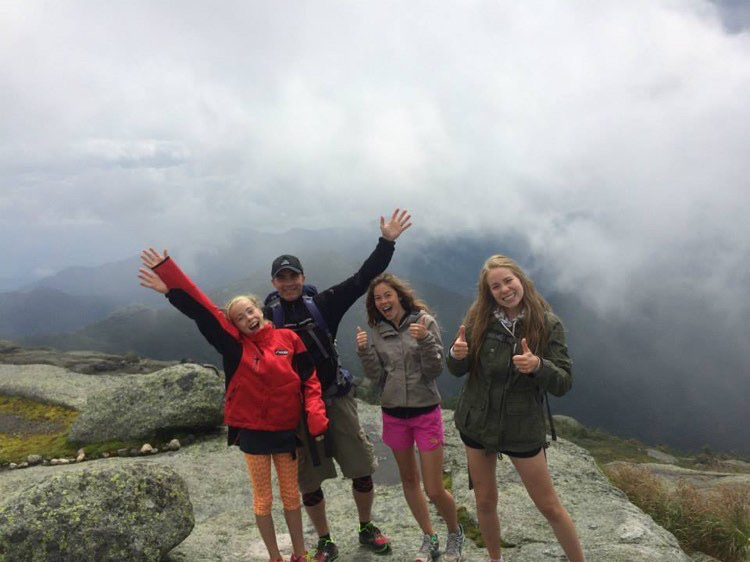







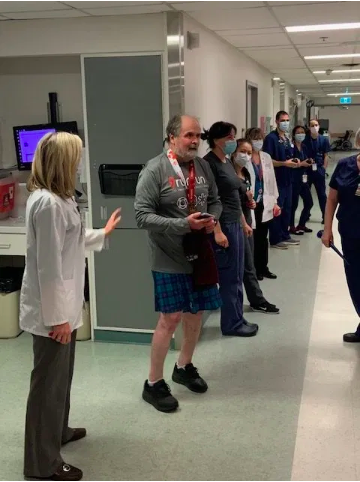
 Our Magazine
Our Magazine
